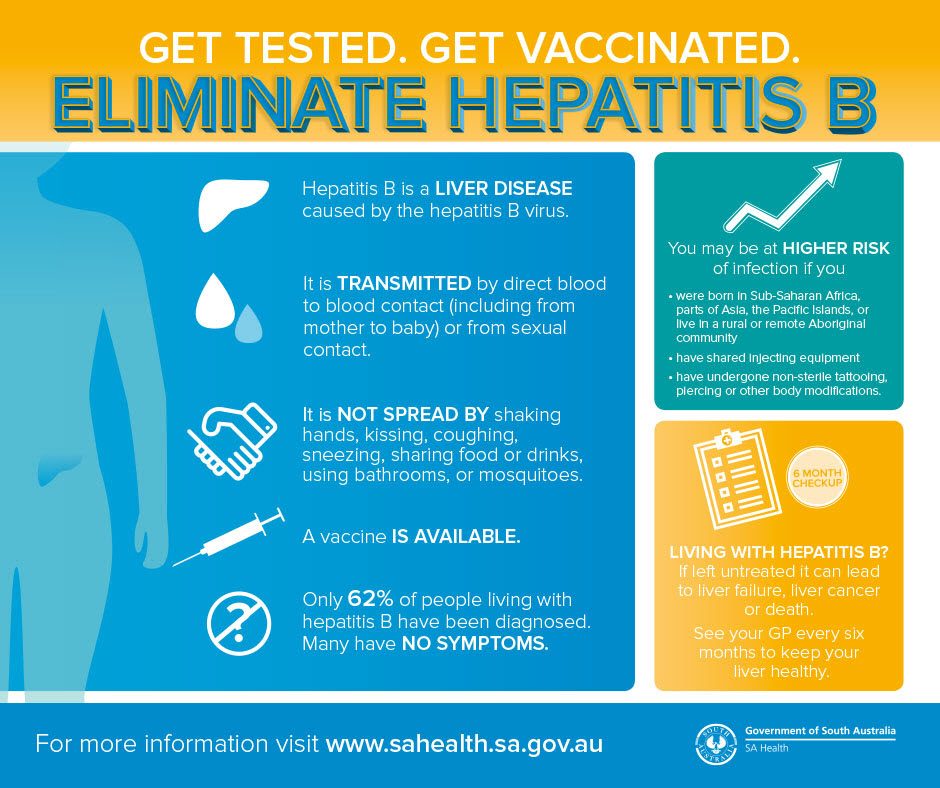Accurate & Updated Information
Helps & Assistant as needed
Approved & Accredited Tests


Description
The Hepatitis B virus (HBV) can cause acute and chronic liver infections. It is transmitted through infected blood products, unprotected sex, infected items such as needles, razor blades, dental or medical equipment, unscreened blood transfusions, or from mother to child at birth.
Risk In Hepatitis B
The virus is present worldwide, but some populations in sub-Saharan Africa, Southeast Asia, Eastern Europe, and the Middle East, as well as in indigenous communities are Hepatitis B carriers. Travellers getting tattoos or piercings abroad, using drugs intravenously, sharing needles and razor blades, undergoing dental or medical procedures, or having unprotected sex are at risk.
Symptoms of Hepatitis B
In many cases, the infection is asymptomatic – persons do not exhibit symptoms. Those with symptoms usually get ill 30 days to 6 months after exposure to the virus. Symptoms include fatigue, malaise, nausea, abdominal pain, dark urine, and jaundice. The illness can last several weeks and some adults can become chronic carriers after being infected. It can cause chronic liver infections, cirrhosis of the liver, or liver cancer. Most infections are asymptomatic in children under five years of age but they can become chronic carriers. Many countries are now including vaccination against Hepatitis B in their childhood vaccination schedules. Treatment includes supportive care of symptoms. Some cases of chronic Hepatitis B can be treated with antiviral drugs.I
Incubation period
(time between becoming infected and developing symptoms)
Between 45 to 180 days, and rarely from as early as 2 weeks to as late as 9 months.
Infectious period
(time during which an infected person can infect others)
From up to 3 months before symptoms develop until the infected person eliminates the virus from their body. Chronically infected people remain infectious for life although the risk of transmitting the infection to others varies considerably from person-to-person.
Treatments
Antiviral treatment is available and is of benefit to some people with chronic hepatitis B infection.
People with hepatitis B virus infection but no symptoms were once thought to be ‘healthy carriers’. However, all people with chronic hepatitis B should receive regular, lifelong monitoring of disease progression by a general practitioner or liver specialist .
Routine monitoring (at least annually) even when there are no symptoms, can prevent severe liver disease including liver cancer. Contact Us to book
Prevention
- Exclusion from childcare, preschool, school or work is not necessary.
- Infected health care workers must comply with the requirements of their professional boards
- Any open sores, cuts or abrasions should be covered with waterproof dressings
- All donated blood and organs are screened for evidence of hepatitis B infection
- Practice safer sex – use condoms consistently and correctly
- Injecting drug users should never share injecting equipment
- If required to handle blood or body fluids, the routine use of standard precautions will reduce the risk of transmission of hepatitis B virus.




